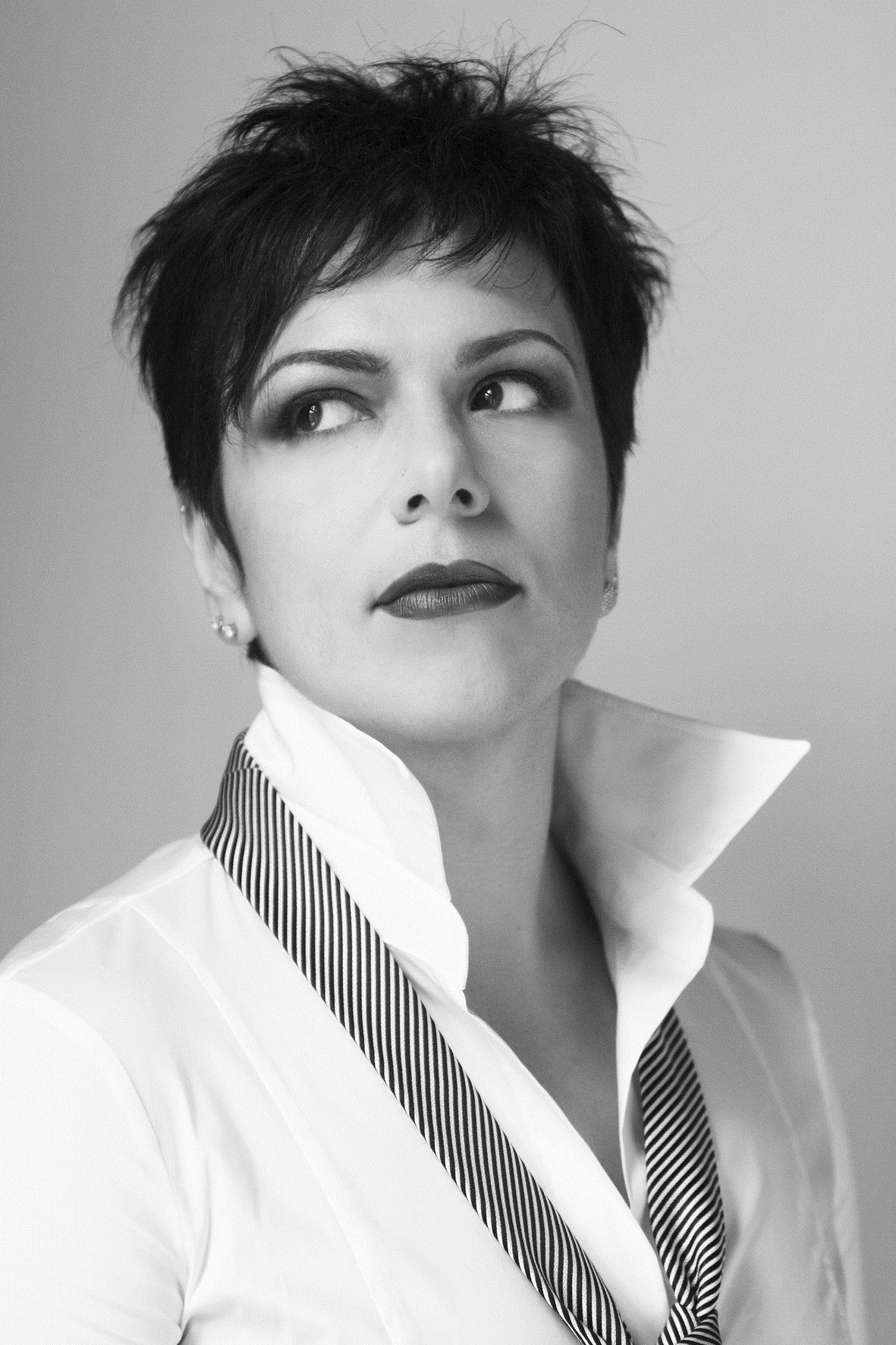 United Kingdom Handel, Ferrandini, Bach, Locatelli, Vivaldi: Sonia Prina (contralto), Akademie für Alte Musik, Berlin / Bernhard Forck (violin, director). Wigmore Hall, 11.1.2017. (CC)
United Kingdom Handel, Ferrandini, Bach, Locatelli, Vivaldi: Sonia Prina (contralto), Akademie für Alte Musik, Berlin / Bernhard Forck (violin, director). Wigmore Hall, 11.1.2017. (CC)

Handel – Concerto grosso in F, Op.6/2
Ferrandini – Il Pianto di Maria (previously ascribed to Handel, HWV234
Bach – Widerstehe doch der Sünde, BWV54
Locatelli – Concerto grosso in E flat, Op.7/6, ‘Il pianto d’Arianne’
Vivaldi – Longe mala, umbrae, terrores, RV629
Sonia Prina’s interpretation of the role of Polinesso in Handel’s Ariodante in May 2017 was little short of revelatory; the combination of tattoo, punk hair and one-in-a-million contralto voice perfectly suited to the drama of Baroque music is surely unique today. Prina was the major musical presence, certainly, at this Wigmore extravaganza.
First though an instrumental opener, Handel’s Concerto grosso in F, Op.6/2. It was only a few days previously that Arcangelo had presented Handel’s Concerto grossi Opp. 6/5 and 3/4 over at Milton Court (review); the F major, on offer at the Wigmore, began with an amazing, noteworthy sense of togetherness; antiphonal solo violins (Forck and Kerstin Erhen) engaging in eminently civilised discourse; the lute of Miguel Rincón Rodriguez was an important presence. The Berlin group brought rigorous, perhaps too serious, counterpoint to the work, arguably more Bachian than Handelian.
The work by Giovanni Battista Ferrandini (c1710-1791), a Venetian-born composer who was an oboist for most of his active musical life in Munich, describes the crucifixion of the Christ from the point of view of the Mother Mary. Constructed as alternating recitative and aria, the first aria (which is repeated) is based on the Magnificat plainchant.
In an interview for Radio 3, Prina wonders why there was any confusion between Ferrandini and Handel (‘I don’t think it is actually Handel’s style; but it is one of the most amazing pieces I have ever sang in 20 years’). Prina found terrific drama in the opening recitative before her slow unfolding of the melody of the aria ‘Se d’un Dio fui fatta Madree’ (If I were made Mother of a God) over whispered strings. The organ-underpinned recitative ‘Ahimé ch’Egli già esclama’ (‘Alas! How he cries out loud!) led to the remarkable aria ‘Sventurati mei sospiri’, with Prina enjoying the decorations on the da capo. Dark-shaded, it seemed a small expressive leap to the sighing orchestral phrases and extreme emotions of ‘Pari all’amor immense’ (So boundless was his love). Holding the near-capacity Wigmore audience to silence, Prina allowed Ferrandini’s long lines to unfurl naturally and expressively. Remarkable.
A Bach cantata, one of only nine sacred cantatas for solo voice, followed: Widerstehe doch der Sünde (Stand firm against all sinning). The cantata dates from Bach’s last years at Weimar (probably from 1715), the text rather violent at times (‘… those who violate God’s majesty shall be felled by a deadly curse’); the abrupt chords of the work’s instrumental opening seem to reference this underlying emotion. The vocal line itself can be rather angular and also sinuous, while that for the final aria ‘Wer Sünde tut, der ist von Teufel’ (Those who commit sin are of the Devil) begins like a descending-line chorale melody. The performance was faultless, leading to another lament: Locatelli’s programmatic Concerto grosso ‘Il pianto d’Arianna’ (published in 1741: based on Ariadne). Locatelli adds a viola to the harmony to enrich the sound. Another example of the sheer discipline the Berlin ensemble brings to its work, the first movement included absolutely perfectly judged crescendo. Declamatory solo violin lines from Forck in the first movement’s Adagio section were magnificently managed; silences in the work’s slower sections really spoke. This is a sophisticated piece, complex both emotionally and compositionally.
Prina refers to the final Vivaldi as ‘pure colour and energy’ while referencing the Vivaldi equivalent of rock and pop. All is certainly true of the phenomenal Latin motet for solo voice, Longe mala, umbrae, terrors, a piece that possibly dates from the mid-1720s. The piece marries virtuosity (the scattergun vocal staccato of the opening section or the final ‘Alleluia’), orchestral drama (the shards of chords of the orchestral opening) and the exquisite (‘Descende, o coeli vox’ [Descend, O voice of Heaven]). The cheers afterwards were fully deserved.
The concert was broadcast live on Radio 3, and is available on the iPlayer here. The BBC broadcast only retains one of Prina’s two encores, an extraordinary account of ‘But who may abide’ from Handel Messiah with her positively incendiary ‘For He is like a refiner’s fire’ and delivered in a decidedly Italian-accented English. The second was Longe mala, revisited.
Colin Clarke
